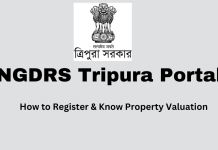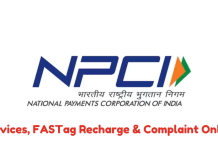The Real Estate (Regulation and Development) Act (RERA) is a major changer in India’s real estate market. Introduced in 2016, this act aims to empower homebuyers and protect their interests. It establishes a clear framework for transactions between developers and buyers, promoting transparency and accountability.
1. Key Benefits of RERA for Homebuyers
Right to Information: You have the right to access crucial project details like layout plans, completion schedules, and sanction certificates. Clearances and Registration: Developers must obtain necessary clearances and register their projects with RERA. This ensures a legitimate project with proper approvals.
- Registered Real Estate Agents: Agents must be registered, ensuring qualified and accountable professionals guide you through the process.
- Balanced Agreements: RERA promotes fair agreements, preventing one-sided contracts that favor developers.
- Assured Construction Quality: Developers are liable for structural defects for five years after handover, ensuring quality construction.
- On-Time Delivery: Timely project completion is emphasized. In case of delays, developers must pay compensation.
- Transparent Pricing: The carpet area, the usable floor space, is the base for pricing, preventing ambiguity.
2. Duties of Developers as per RERA
- Regular Project Updates: Developers must publish project details on the RERA website, including registration details, number of units sold, and completion status.
- Registration Number Disclosure: Project advertisements and brochures must mention the RERA registration number for easy access to project information.
- Limited Advance Payment: Developers can only collect a maximum of 10% of the property cost as an advance payment or application fee before a written agreement is signed.
- Information Disclosure at Booking: Crucial information like completion schedule, amenities, and layout plans must be provided at the time of booking and allotment.
- Completion and Occupancy Certificates: Developers are responsible for obtaining these certificates and making them available to buyers.
- Maintenance and Alteration Responsibility: Developers must provide essential services until an allottee association takes over. They also need consent for any changes to the building plans.
3. How to Claim Compensation Under RERA
If a developer fails to deliver the property on time or is unable to complete the project, they are liable to pay compensation to the allottees. You can also withdraw from the project and get a refund with interest for delays.
i) Real Estate Appellate Tribunal
RERA establishes a tribunal to address disputes between developers and buyers. You can appeal to this tribunal if you are unhappy with a decision made by the RERA authority.
ii) Penalties for Non-Compliance
The RERA act outlines penalties for both developers and buyers who fail to comply with its provisions.
4. Documents Required for Project Registration
Developers need to submit various documents for project registration under RERA, including:
- Promoter’s identity proof and address
- Project location details
- Project execution plan
- Parking space details
- Land title documents
- Past project experience details (if any)
For companies acting as developers, additional documents like company registration certificates, financial statements, and director details are required.
5. Conclusion
The RERA Act is a significant step towards a more secure and transparent real estate sector in India. By understanding your rights and the act’s provisions, you can make informed decisions and ensure a smooth home buying experience.
































